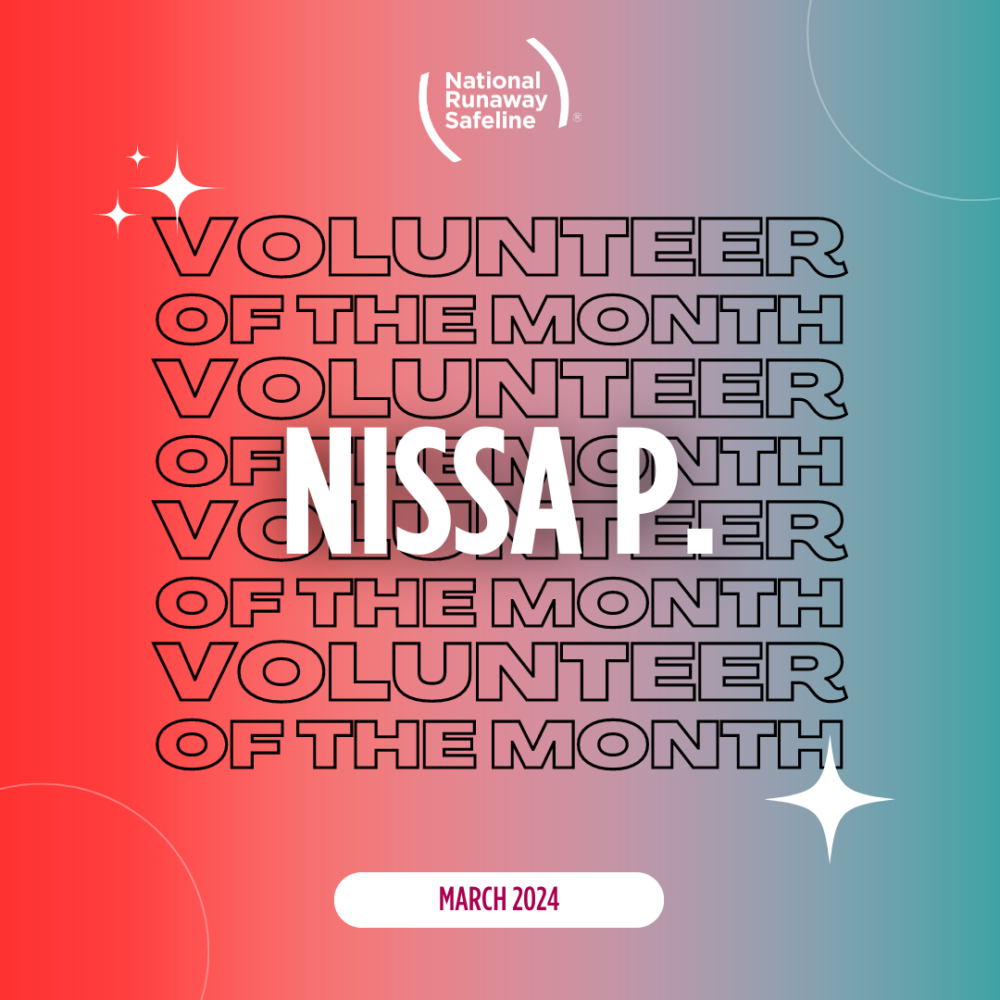With International Women’s Day on March 8th, this is the month to celebrate women’s history and advancements in economic and social equality. March also happens to be National Professional Social Work Month. Each day, 680,000 social workers in the United States work to support and elevate millions of young people in crisis.
How are these related? 72 percent of social workers in 2018 were women. This profession is one that has been driven and led by women since the beginning. Nobel Peace Prize winner Jane Addams was a pioneer in the early days of social work, founding Hull House in Chicago and from there providing vital services to thousands of people a week. From Mary Ellen Richmond, who pushed for the professionalization of social work in 1897, to Grace Coyle, whose writings in the mid-1900s helped develop and popularize group work as a social work practice, great women have always been refining and strengthening this essential profession.
The National Association of Social Workers has also long promoted women’s rights. Its National Committee on Women’s Issues develops and promotes methods to include women’s issues in NASW policies and programs. The NCWI’s presence in the largest organization of professional social workers in the world sets the trend for supporting gender-equality within the profession and formalizing standards that support women-specific issues. As one of the earliest professions to take such a public stance, social workers should be recognized as an important group in the history of women’s rights.
We are grateful to all the social workers who provide the resources that we connect to youth in crisis. This profession provides essential services and support to our most vulnerable populations. Social workers in shelters, transitional living programs, our own crisis services center, and elsewhere are essential to supporting our mission: to keep America’s runaway, homeless and at-risk youth safe and off the streets.




